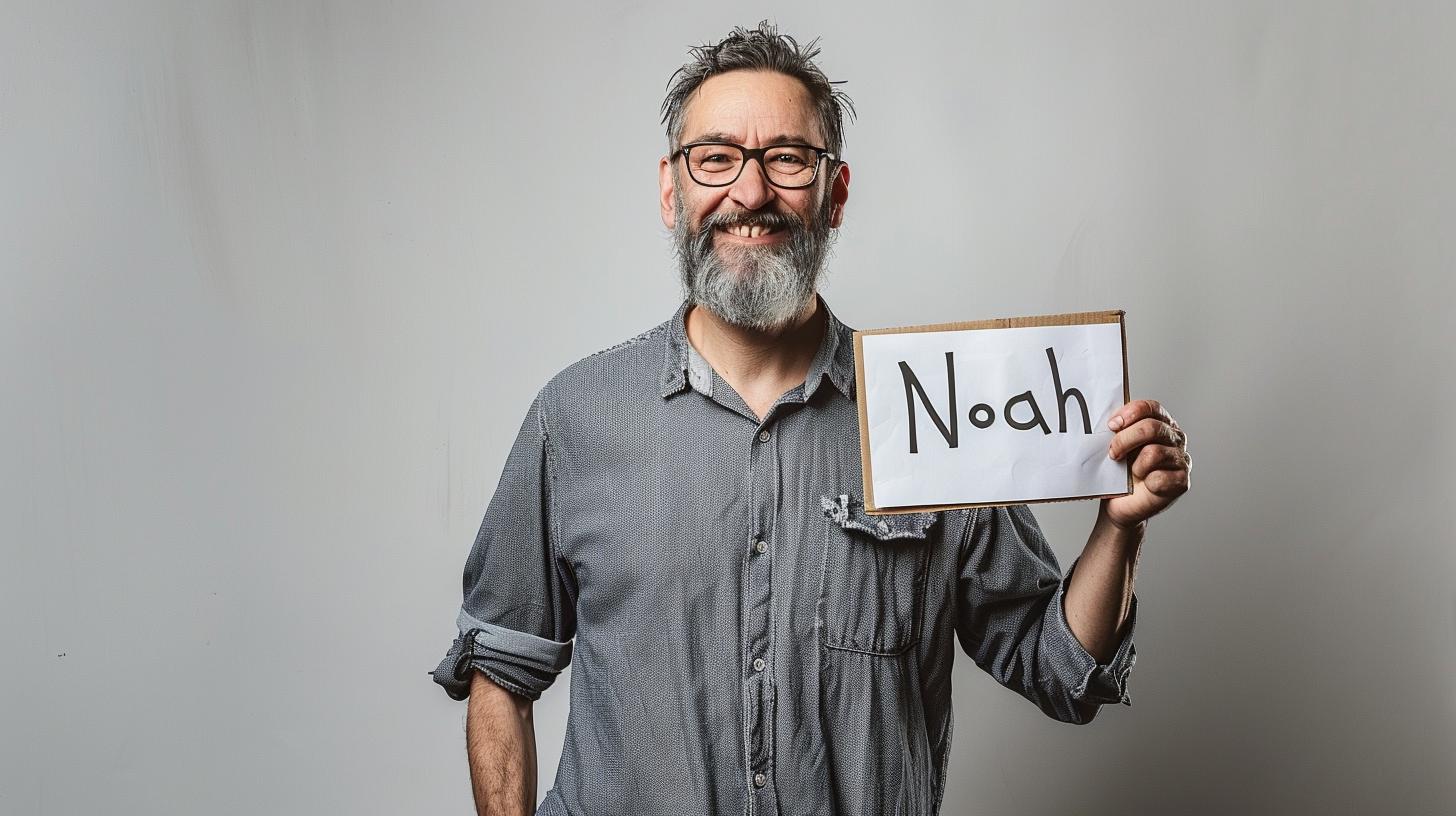Lucy Powell, the Leader of the House of Commons, has come under significant scrutiny following her comments on a national grooming scandal. During an appearance on BBC Radio 4's Any Questions, she referred to concerns about the issue as a "dog whistle," prompting backlash from various political quarters. This incident has raised questions regarding the handling of sensitive topics related to child exploitation and grooming in the UK.
The discussion was initiated by Tim Montgomerie, founder of ConservativeHome, who referenced a recent Channel 4 documentary titled Groomed: A National Scandal. This film highlighted the harrowing experiences of five women who were victims of grooming gangs in the UK. Montgomerie highlighted the failures of local authorities to protect these women, stating, "There were so many people in local government... who, for good reason, were worried about upsetting community tensions, that those girls went undefended."
In response, Powell's remarks included, "Oh, we want to blow that little trumpet now, do you? Let's get that dog whistle out, shall we, yeah?" Her choice of words drew immediate criticism from fellow politicians, particularly from the Conservative Party. Katie Lam, MP for Weald of Kent, responded vehemently on social media, asserting: "If the Leader of the House of Commons does not, in fact, think that industrialised child sexual torture is just a 'dog whistle'... she should take it back and say sorry." Lam insisted that if Powell truly believes that, "she has no business being in Cabinet and should resign."
Following the backlash, Powell issued an apology, clarifying her intent in the discussion. She stated, "In the heat of a discussion on AQ, I would like to clarify that I regard issues of child exploitation & grooming with the utmost seriousness. I'm sorry if this was unclear." She asserted her commitment to addressing the underlying issues faced by her constituents, mentioning her experience dealing with severe cases of child exploitation.
However, Powell's apology did not satisfy her critics. Lam reiterated her stance, stating, "No, this isn't good enough. Nobody is trying to score political points but you." Robert Jenrick, the Shadow Justice Secretary, also weighed in, condemning Powell's remarks as a "disgusting betrayal of the victims," suggesting they contribute to a larger denial of accountability for grooming gangs.
In a broader context, the Channel 4 documentary exposed the systemic failures in addressing grooming gangs. It revealed that a report identifying over 330 young women at risk from predominantly Pakistani grooming gangs had been labelled "toxic" and suppressed by the Home Office. Interviews conducted for the documentary indicated that those involved in child protection often faced reluctance to confront the issue due to fears of igniting community tensions.
The documentary's narrative was bolstered by testimonies from victims, such as Jade and Chantelle, who shared their harrowing experiences of being groomed from a young age. Jade recounted the initial stages of her grooming, including an overwhelming influx of messages inviting her to parties, which escalated to requests for sexual favours.
In light of these developments, Labour has faced ongoing criticism over its previous handling of grooming scandals, which have revealed extensive institutional failings. Recent discussions around financial inquiries in Oldham and other areas have surfaced discrepancies in governmental commitment to adequately address these grave issues.
In conclusion, the incident involving Lucy Powell and the reactions it has evoked underscore the heightened sensitivity surrounding discussions of grooming gangs and child exploitation in the UK, as well as the political repercussions that follow public discourse on such critical topics.
Source: Noah Wire Services
